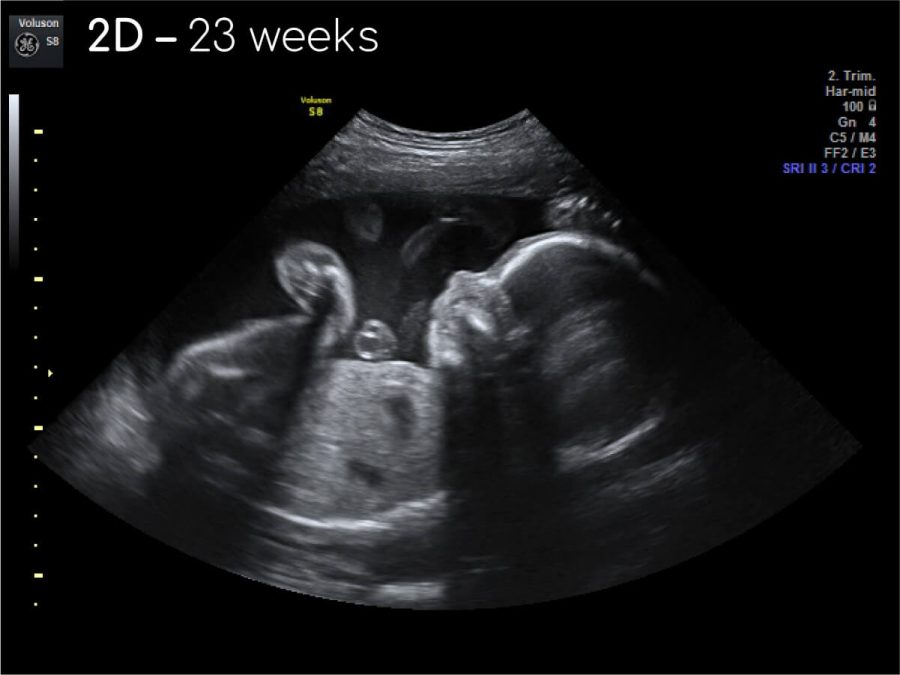Dispelling Myths about Abortion and Being Pro-Life
Last week, I had the opportunity to travel to Washington D.C. with the HF Fire for Life Club. There, we went sight seeing, took part in the March for Life, and attended the National Pro-Life Summit. It was a week of prayer, action, and education. However, before we left, I noticed some glares at the announcement of the purpose of our trip. That being said, I’d like to focus this article on dispelling myths about unborn babies, abortion, and being Pro-Life because media and gossip tend to twist the truth.
- Myth: Twelve weeks after conception, the fetus is just a clump of cells.
During the first twelve weeks and beyond, the baby has a heartbeat, fingerprints, arms, and legs.
- Myth: Abortion is not that common.
Nearly 4 in 10 pregnancies end in abortion. Last year, there were 42.4 million abortions worldwide. That is double the worldwide deaths caused by cancer, smoking, car accidents, alcohol, HIV/AIDS, and malaria combined.
- Myth: Abortion only occurs when a woman feels it is the only option.
40% of women state that their abortion was “the most convenient option at the time”, as they “already had the number of kids I wanted” or are unmarried.
- Myth: Abortion does not have any side effects.
Studies show that women who have abortions experience more shame, guilt, and fear afterwards than women who had miscarriages. Later on, those feelings are likely to grow into resentment and cause women to put their career over their children.
- Myth: Planned Parenthood performs more cancer screenings than it does abortions.
Planned Parenthood does not perform a single mammogram. It performs less than two percent of all women’s cancer screenings in the United States. However, it commits 30 percent of America’s abortions.
- Myth: The first people to be Pro-Life were white, male government officials.
The Feminist movement began with women campaigning for the right to vote. The activists in this movement believed in equality for all, including the unborn. Some of the most well known activists are Susan B. Anthony, Alice Paul, and Elizabeth Ann Seton. They were part of and inspired what is now the Pro-Life movement.
- Myth: People who are “Pro-Life” have never done anything to make parenting easier for women in crisis.
Over 17,000 organizations, that do not perform abortions, are available to help women through pregnancy, birth, and during their child’s life.
- Myth: People who are “Pro-Life” do not care about the babies after they are born.
The definition of being “Pro-Life” is: Of, pertaining to, or supportive of the right to life; believing that life should be protected from its beginning to natural death in all or most circumstances. Anyone who acts otherwise is truly not “Pro-Life.” At the Pro-Life Summit, brochures were distributed that included resources for pregnant teens, expectant mothers, LGBTQ couples, and older men and women to find housing, clothing, food, and medicine.
There a lot of misconceptions surrounding abortion, unborn babies, and being Pro-Life. I hope that you found these facts as fascinating as I did when I first heard them. Please keep in mind that I compiled this research without the influence of a specific political party. If you need someone to talk to or would like to learn more, I have attached some links below.
Sources Used:
https://bmcmedicine.biomedcentral.com/articles/10.1186/1741-7015-3-18
https://www.guttmacher.org/sites/default/files/pdfs/pubs/psrh/full/3711005.pdf
Students for Life
Live Action
Need Help?
https://optionline.org
https://lethemlive.org


